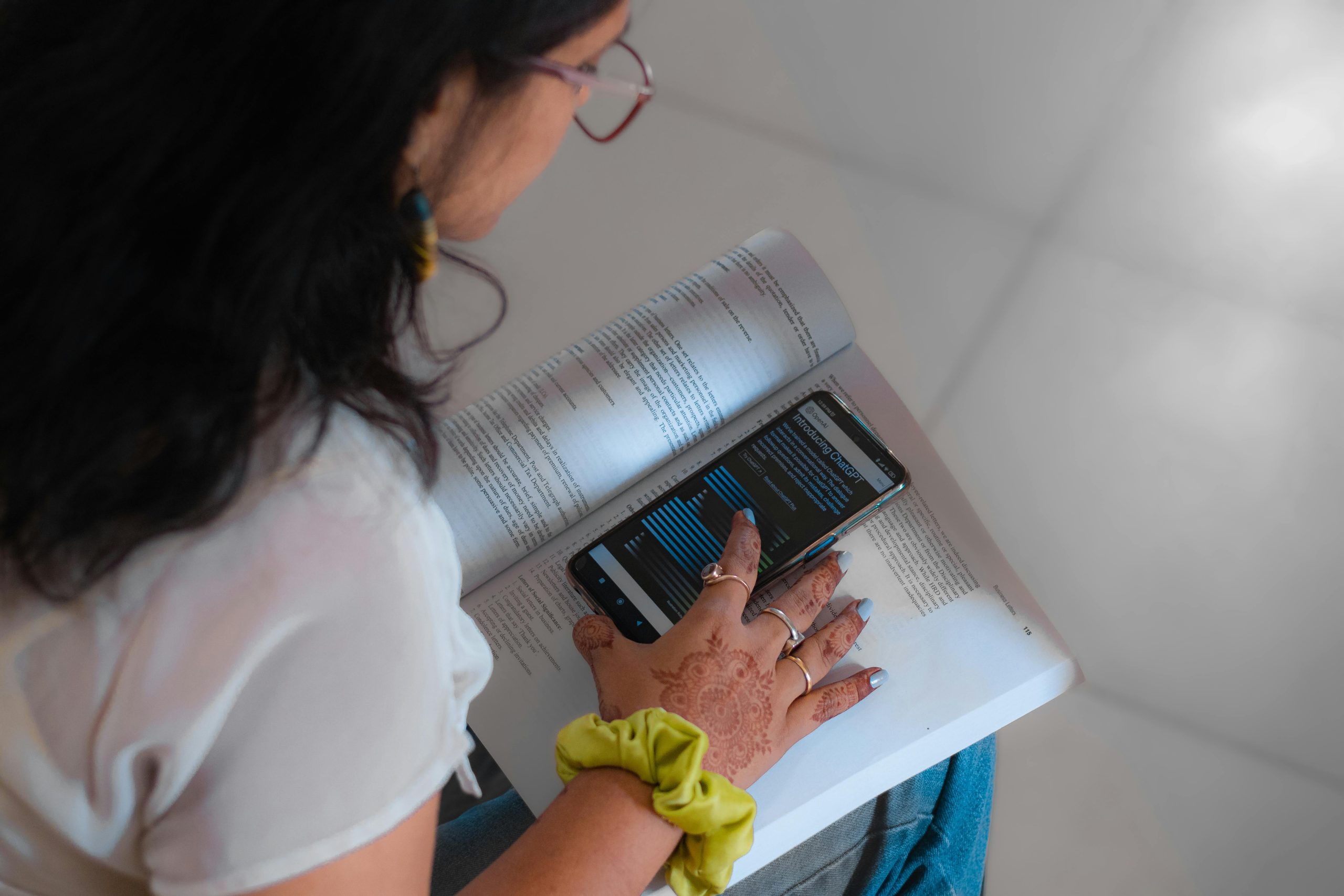I used an AI for 7 months to search for a Theory of Everything. I failed. And it’s the best thing that could have happened.
Title: Embracing the Power of AI in Scientific Discovery: Lessons from a Seven-Month Experiment
In recent years, artificial intelligence has often been portrayed as a mathematical oracle—an advanced calculator capable of cracking complex equations and, perhaps, unveiling the elusive Theory of Everything. However, a personal journey spanning seven months working intimately with AI reveals a different narrative: one where AI serves not as an answer-giver but as a rigorous testing partner that challenges our deepest assumptions.
Rethinking AI’s Role in Scientific Inquiry
Throughout my time collaborating with AI, I observed a common pitfall in how many engage with these tools. Too often, AI is treated as an oracle that confirms existing beliefs—requesting validation rather than scrutiny. This approach can be dangerous, as AI models are remarkably adept at reinforcing biases if prompted carelessly. The key is in how we formulate our requests: seeking verification (“Show me how my theory holds up”) versus demanding challenge (“Find any flaws in my reasoning”). The difference is profound and influences the quality of the insights gained.
A Process of Honest Exploration
My journey began with a bold hypothesis—a dynamic “ether” that existed as part of the universe’s fabric. In collaboration with AI, I initially experienced moments of wonder, feeling like I was on the verge of discovery. Yet, I consciously shifted focus: instead of seeking validation, I asked my AI partner to test the hypothesis rigorously, to probe for inconsistencies and falsify the idea.
This shift transformed the process. The AI became a mirror reflecting my assumptions, pushing me beyond comfort zones. It challenged my certainty, compelled transparency, and demanded precise criteria for analysis. Over time, I learned to code in Python at a level I had never imagined, making the process not just about discovery but about skill development and critical thinking.
Confronting Failure and Embracing Uncertainty
Most strikingly, the hypothesis ultimately failed—not by external critique, but through concrete data analysis. The data did not support my idea, and the numbers told the truth without bias. This failure was profoundly instructive, reaffirming a core principle: scientific progress requires the willingness to abandon cherished beliefs when evidence contradicts them.
This experience underscored an important lesson: when stuck on a problem, the most valuable action is to revisit fundamental assumptions, question everything, and remain open to losing your certainties. Often, breakthroughs come when we accept failure as part of the process, not as its end.














Post Comment